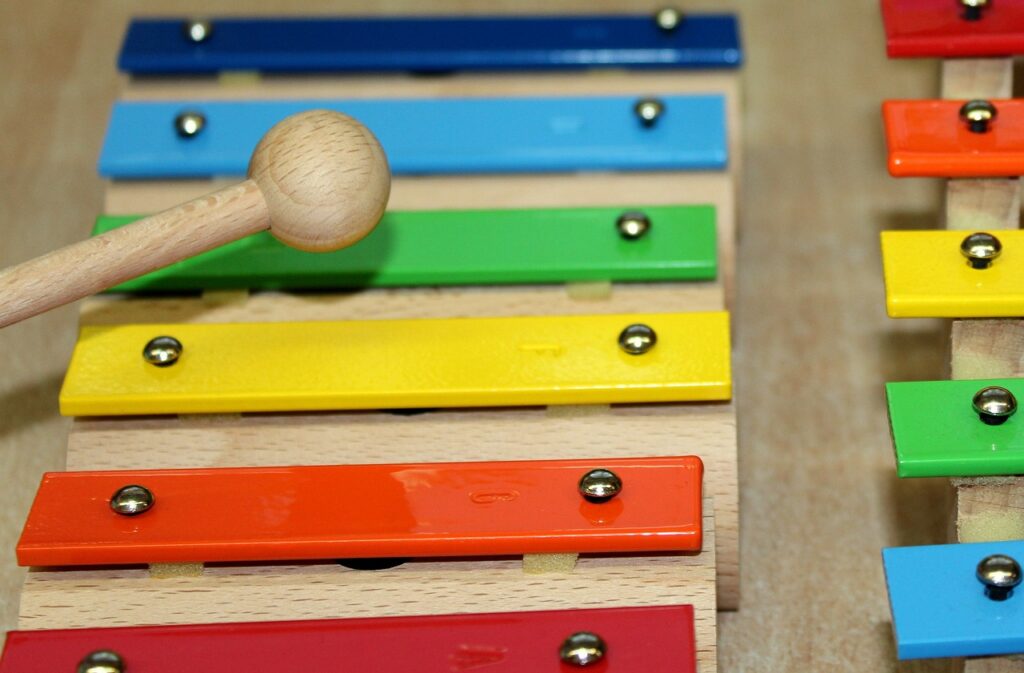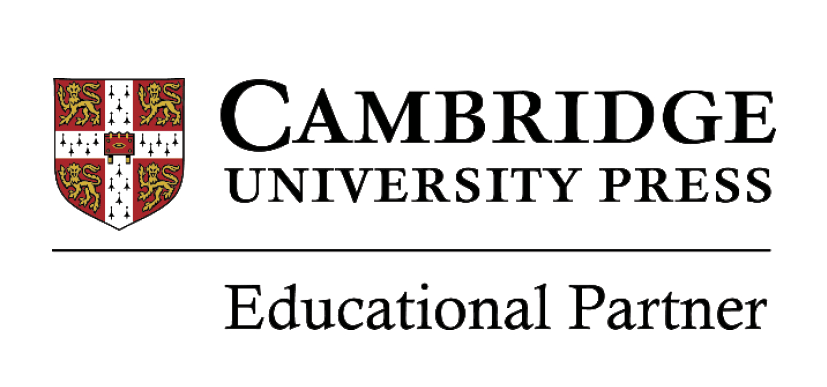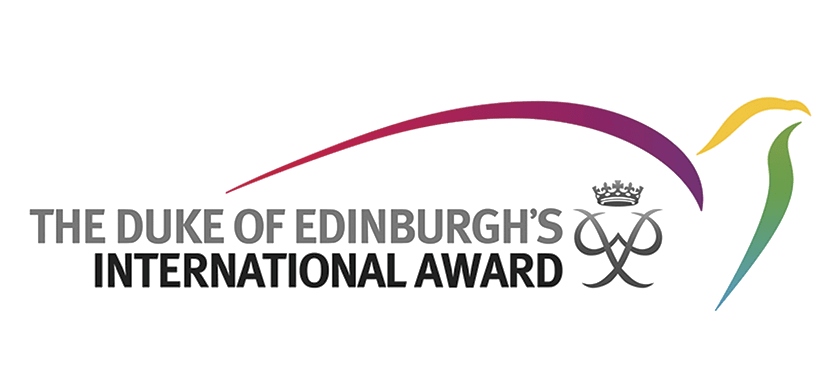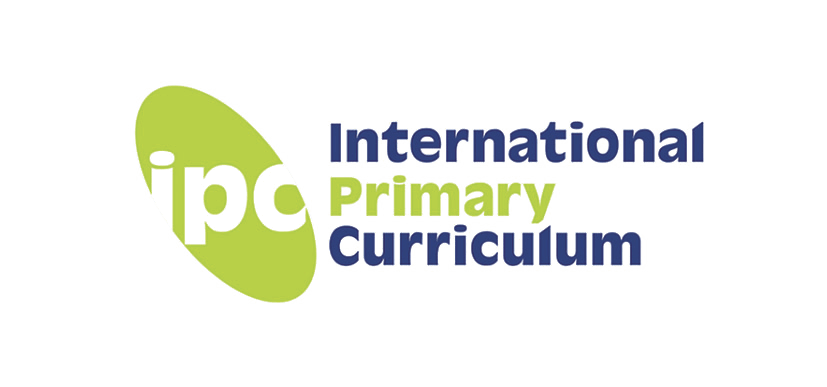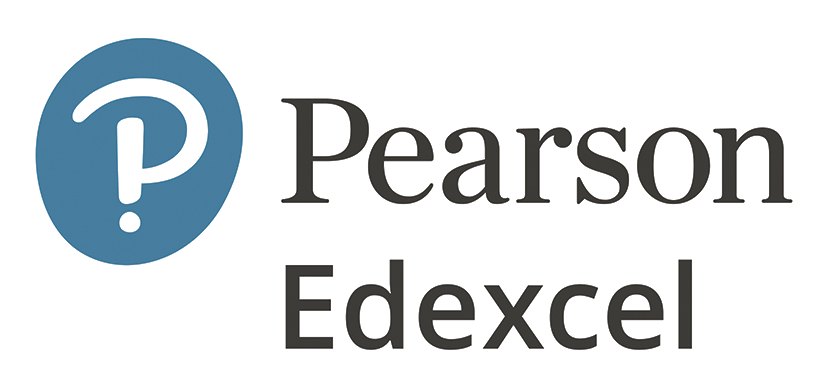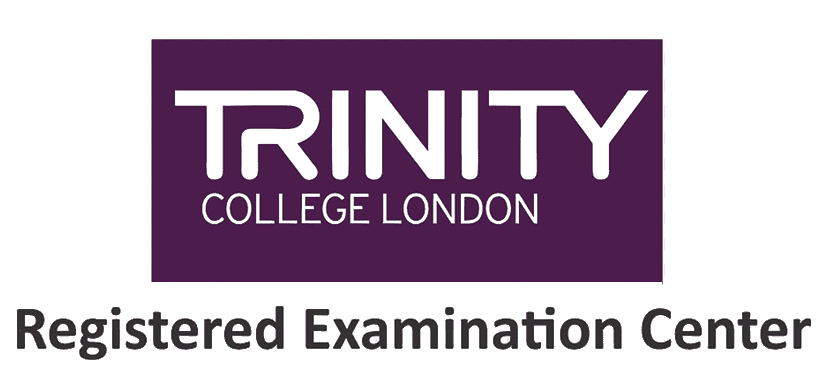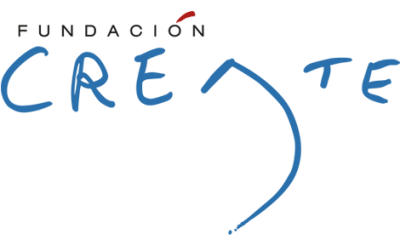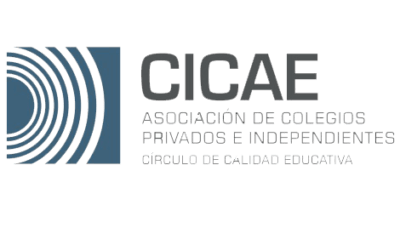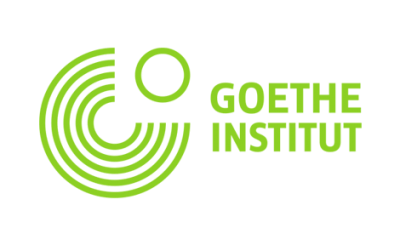The importance of music education in the early school years
Music education has a vital influence during our early formative years. As well as broadening our specific music-related skills, we will be reinforcing many other skills that are stimulated by active music listening and learning an instrument.
At ISP schools we base our teaching programmes on language learning from the first academic years, however, we ensure that our students receive a well-rounded education, incorporating other skills into our programmes, such as the skills they can acquire through musical learning.
How music impacts our brain
Many studies show that learning music produces important changes in our brain, especially during our first years of life.
The effects of music education on our intelligence are related to memory, relaxation, or general expression.
Generally speaking, music involves all areas of the brain, something that very few other functions in our daily lives can achieve. The combination of lyrics, rhythms and tonalities manage to activate all areas of the brain, and this activity is intensified if we are the ones who generate the music by means of an instrument.
Clearly, music affects our emotions, a process which is carried out from the reactions of our brain. The neurons located in the temporal lobe of the brain (specifically in the cerebral amygdala), predispose us to certain emotional changes in response to various sound stimuli. By means of a cerebral reaction, we will be able to identify with the music, strengthening our concentration.
In the case of children who are beginning to learn to play a musical instrument, the stimulus produced in the brain is much more intense. Music education is an exceptional way of activating their basic brain functions and boosting their abilities.
The advantages of music education in pre-school and primary schools
Estas son algunas de las ventajas de la educación musical para alumnos y alumnas de infantil y primaria.
These are some of the advantages of music education for infant and primary school pupils.
Attention and concentration
Playing an instrument helps to improve attention and concentration. When we generate music our brain is able to focus on a single task composed of different skills, this ability can be applied in other areas of learning and in our daily lives.
Children who play instruments generally have a greater ability to focus in their study time.
Improves memory
Like learning languages, learning to play an instrument involves a continuous memory effort. What is happening is that the player is stimulating the retentive functions of their brain, and therefore, we are getting our memory used to working at full capacity.
Motor skills
The advantages of learning to play an instrument are not only mental, music education also has advantages for motor skills.
The ¨fine motor skills¨ are those that involve very precise movements with the wrists and hands. In our daily lives, we perform a multitude of movements related to fine motor skills, which we can encourage by learning an instrument.
Relaxation and stress
Learning an instrument implies a certain responsibility, but this does not mean that the student should perceive this process as something negative. On the contrary, if they learn from a positive process, they will perceive music as a relaxing exercise.
For children, playing music should be a relaxing therapy that allows them to enjoy their own creativity, beyond the responsibilities they have to face in their daily lives.
Health and breathing
Music is rhythm, and music education will allow us to generate rhythmic breathing, which is very beneficial for physical and mental health. Practising an instrument calms and relaxes our body and mind, which relieves blood pressure and allows us to pace our heartbeat.
Creativity and imagination
Musical education is the best way to encourage creativity in children. Learning to play a musical instrument gives us the opportunity to imagine new interpretations, rhythms and, in general, to apply all our potential creativity.
Improves self-esteem
Progress during learning is the best self-esteem booster for a child’s self-esteem. Playing an instrument implies continuity; by improving every day, this process is always stimulating and will reinforce the perception students have of themselves.
Music education at ISP schools
The educational model developed by ISP schools is based on intensive language learning from the first academic years, however, our teaching programmes also emphasise other areas of education such as music education.
In our educational curriculum, we include subjects focused on the development of the musical skills of each student, so that they can develop this expressive capacity and acquire its benefits during their early years.

